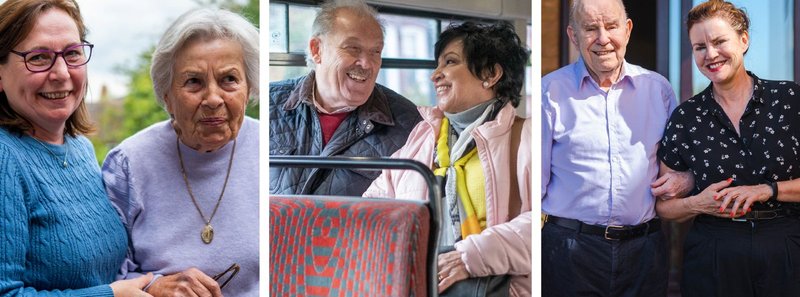Did you know that 1 in 10 people take on unpaid caring duties every day, helping another person to stay as independent as possible?
Your friend, family member, neighbour or colleague may be quietly taking on caring duties, without support or realising that they are a carer. Perhaps even you are providing such support and have not recognised yourself as a carer.
Recognising yourself, or someone you know, as an unpaid carer is the first step to accessing support needed to stay healthy, resilient and empowered.
What is unpaid care?
Unpaid care is the care and support provided to another person, to help them stay as independent as possible, without being paid. This person could be a friend, parent, sibling, spouse, wider family member, child with additional needs or a combination of these people.
The reason for care and support could be due to illness, disability, a mental health problem or addiction.
Caring or support duties might include:
- helping with washing, dressing, or medication
- taking someone to or accompanying them during appointments. Managing their shopping, cleaning, or finances.
- providing emotional or mental health support
An unpaid carer is anyone who supports someone who is ill, disabled, older, has a mental health concern, or is experiencing addiction—without being paid.
Most of us will care for someone at some point in their lives, sometimes becoming a carer overnight due to sudden accident or illness. There is no right or wrong way to care, but no one should care alone.
Whether you’re new to caring or have been doing it for years, we are all stronger with support. Recognising yourself, or someone you know, as a carer is the first step to accessing the support needed to stay healthy, resilient, and empowered.
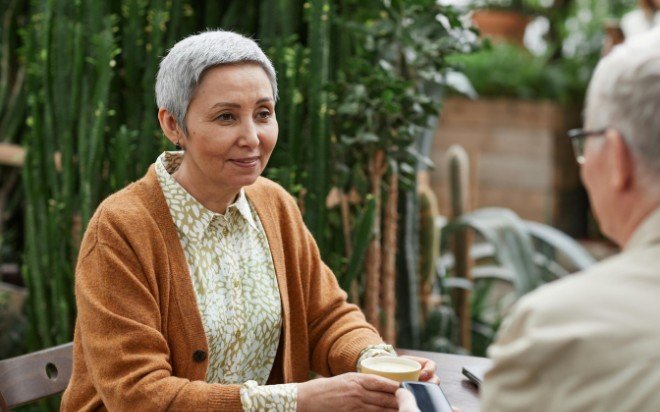
Support for carers in Buckinghamshire
We understand that looking after others whilst rewarding, can also be difficult. For some, caring for another is a new and unfamiliar experience and for others it might be a long-standing responsibility. Every caring journey is unique, but we know everyone is stronger with support.
In Buckinghamshire we have a wide range of support available for unpaid carers, including;
- signposting to community resources, information, guidance and advice
- practical help like equipment and home adaptations to help support your caring role
- an assessment to identify your needs
- support if you need a break from your caring role
‘I think I am an unpaid carer, what should I do now?’
If you think you might be an unpaid carer, here are some helpful steps you can take to get support:
- inform your GP of your caring duties; your record will be updated and you can request an appointment with the social prescribing team to access community support
- set yourself as a carers on the NHS App; if you and the person you care for are registered at the same GP practice, your records can be linked, enabling you to manage services on behalf of the cared for person. Contact your GP for more information
- register with Carers Bucks; our commissioned support service can provide advice and guidance, community support and a listening ear.
- visit Mobilise; our digital support offer available 24/7 for all carers in Buckinghamshire
- complete a carers assessment; to help you to look at the impact your caring responsibilities have on your life and whether you can access any social care support
Do you know someone who is providing unpaid care?
Carers Trust identifies that 1 in 10 people are unpaid carers. This means many of your friends, neighbours and colleagues might be taking on caring duties without recognition or reward. We are all stronger with support. By identifying carers, supporting them in their role and acknowledging the demands they may be facing, we can all make a real difference.
How can you support others?
If you would like to support someone with their caring duties or help them, get support for their role, there are some ways you can help ease the load:
- ask how they are and be a listening ear
- offer to help with errands like shopping or dog walking
- have a cuppa with the cared for person to give the carer short-term respite
- signpost them to available support
- volunteer with local befriending or community groups
- raise awareness in your local community and network of support
- raise awareness within your workplace around supporting unpaid carers and having carer friendly policies
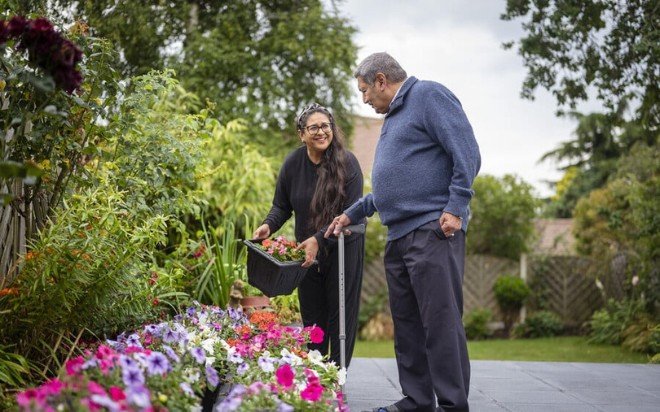
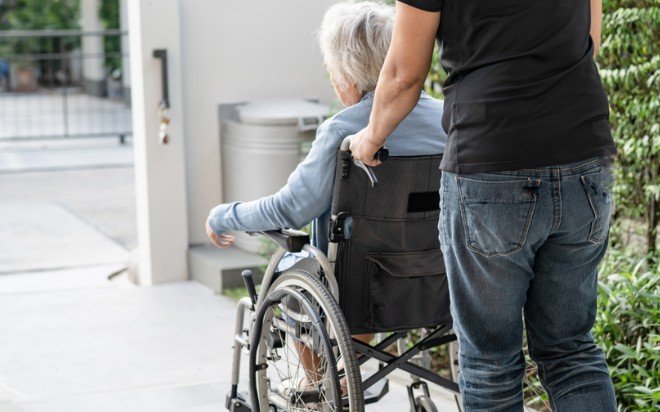
Our pledge to carers
‘We want every carer in Buckinghamshire to be recognised and valued, being able to access the information, support, and resources they need to live fulfilling lives, alongside caring’.
We have a Carers Partnership in Buckinghamshire, made up of health, social care and voluntary and community sector organisations as well as carers, reflecting our joint commitment to our Carers of all ages in Buckinghamshire to ensure they are valued and supported.
In February we launched our co-produced All-Age Carers Strategy 2025-2030 and action plan, with the delivery of this being driven by our Carers Partnership Board.
We pledge to:
- hear your voice, of those with lived experience, to ensure coproduction of any future strategy or support
- value and respect you, recognising the expertise you have on your life and the person you care for
- help you access information, advice and support that’s right for you, at the right time
- improve transition support as young carers move into adulthood
- improve system join-up to reduce the need for you to repeat your story to different professionals and organisations
- support your wellbeing by helping you to get breaks and to have a life alongside your caring role
- ensure training is provided to staff and services to improve support for carers
- support you to access education and employment opportunities alongside your caring role
As we move towards being a Carer Friendly County, organisations who have joined our Wall of Support include:
- Buckinghamshire Council
- Buckinghamshire, Oxfordshire, Berkshire West Integrated Care Board
- Buckinghamshire Healthcare NHS Trust
- Oxford Health NHS Foundation Trust
- Carers Bucks
- FACT Bucks
- AGE UK
- Primary Care Networks
- we are also committed to working with carers and residents to coproduce our information and support materials. Visit Care Advice Buckinghamshire for our new, accessible carer guides and assessments, developed alongside Buckinghamshire carers.
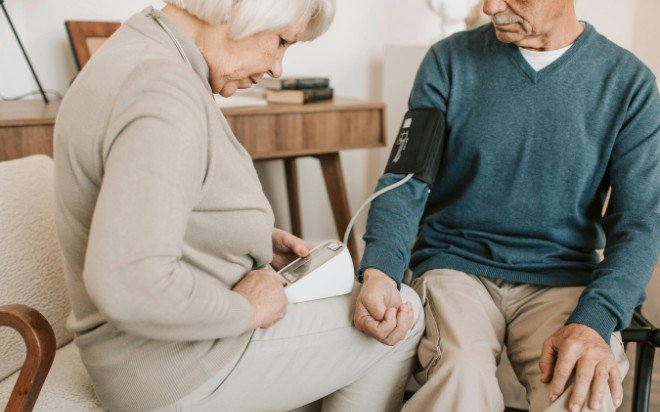
Survey of adult carers in England 2025 to 2026
The personal social services survey of adult carers in England (SACE) recognises the vital contribution of unpaid carers. The survey aims to:
- understand the services carers receive and their experiences and outcomes.
- measure the extent to which services improve carers' ability to care and live a life outside of their caring role.
- assess the quality of services provided to service users and the impact that services have on carers' lives.
SACE data is intended to be used to:
- monitor and benchmark performance through national outcome measures
- inform, monitor and develop delivery of services locally
The survey will take place from 1 October to 30 November 2025 and will be posted to randomly selected carers. If you receive a copy of this survey, we would appreciate you completing this to help improve our services.
